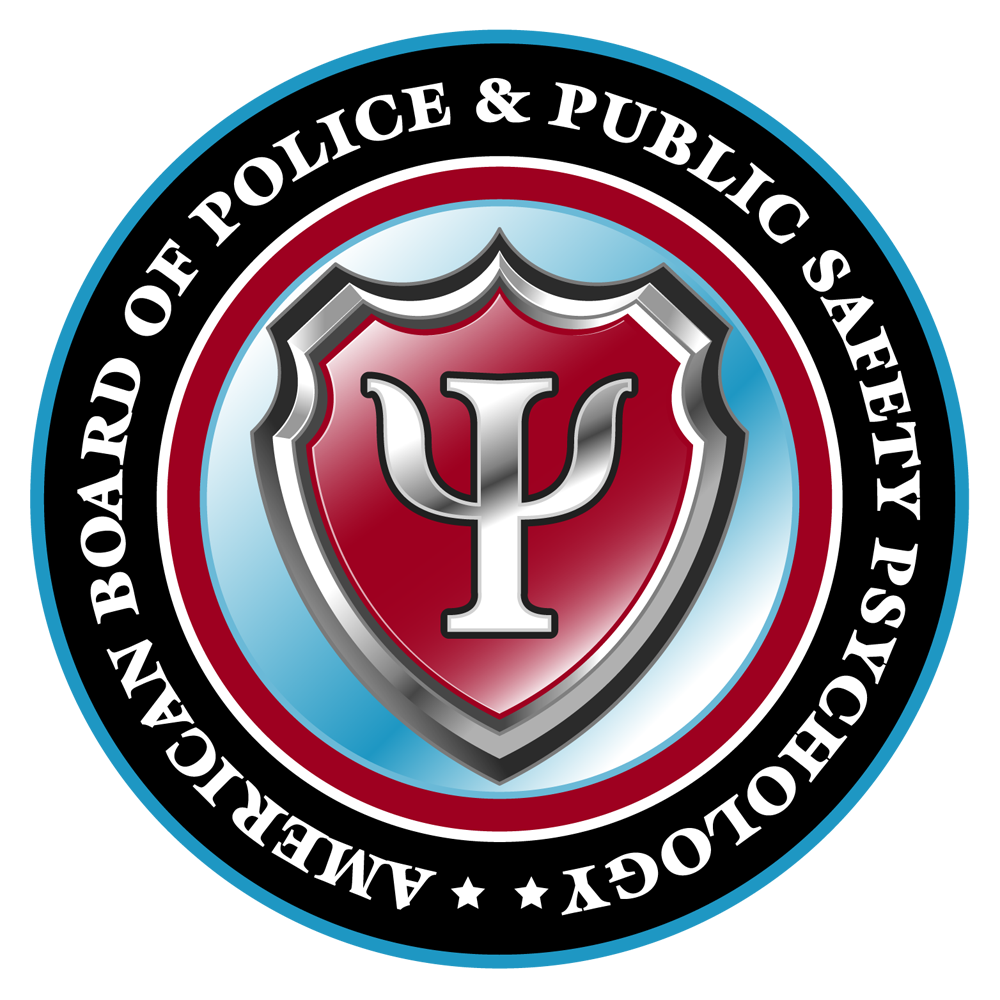7 hours | 7 CEs
This On Demand professional training program on Ethical Dilemmas and Complex Relationships in Police & Public Safety Psychology is presented by Jeni McCutcheon, PsyD, ABPP & Jocelyn Roland, PhD, ABPP, in partnership with The American Board of Police and Public Safety Psychology (ABPPSP). This program is POST CPE approved for 7 CE hours.
Police and public safety psychology is a specialized practice domain that requires knowledge of the services provided to consumers, understanding legal issues associated with service delivery, and cultural competency related to the environments in which practice occurs.
This program addresses steps to manage ethical dilemmas in accordance with the APA Ethical Principles of Psychologists and Code of Conduct. Participants advance their ability to manage predicaments in this distinct environment through didactic material and discussion of case examples. The program discusses all four of the domains of police and public safety psychology (intervention, assessment, consultation, and operations) along with a broad offering of case examples.

Intended Audience
This on-demand professional training program is intended for mental health and other allied professionals

Experience Level
This on-demand professional training program is appropriate for beginner, intermediate, and advanced level clinicians.

CE / CPD Credit
APA, ASWB, CPA, NBCC Click here for state and other regional board approvals.
Learning Objectives
Upon completion of this program you will be able to:

Describe ethical dilemmas and complex relationships in police and public safety psychology;

Describe dilemmas involving confidentiality, limitations of competence, multiple relationships, and organizational conflict demands

Describe a model to apply ethical principles and standards when managing ethical dilemmas

Describe the ethical decision making through active case discussion relevant to daily practice in governmental settings

Describe diversity factors (e.g., race, culture, sexual orientation) that are relevant in resolving ethical dilemmas and arise in complex relationships.

Curriculum
1. Common Ethical Dilemmas
2. Ethical Problem Solving
3. Risk Management
4. Unavoidable Conflicts + Emerging Issues
Develop a Specialty Area of Practice
Transforming mental health professionals into experts
Expert Instructors
Professional training developed and delivered by the field's leading experts

CE Credit
Earn CE credit for meaningful professional training that will elevate your practice
Convenience & Flexibility
Learn at your own pace, from wherever you might be!
Program Partner
American Board of Police and Public Safety Psychology (ABPPSP)
We are proud to partner with The American Board of Police and Public Safety Psychology (ABPPSP) for this training. ABPPSP became a fully affiliated specialty board of the American Board of Professional Psychology (ABPP) on October 21, 2011. Police and Public Safety Psychology is concerned with assisting law enforcement and other public safety personnel and agencies in carrying out their missions and societal functions with optimal effectiveness, safety, health, and conformity to laws and ethics. It consists of the application of the science and profession of psychology in four primary domains of practice: assessment, clinical intervention, operational support, and organizational consultation.













